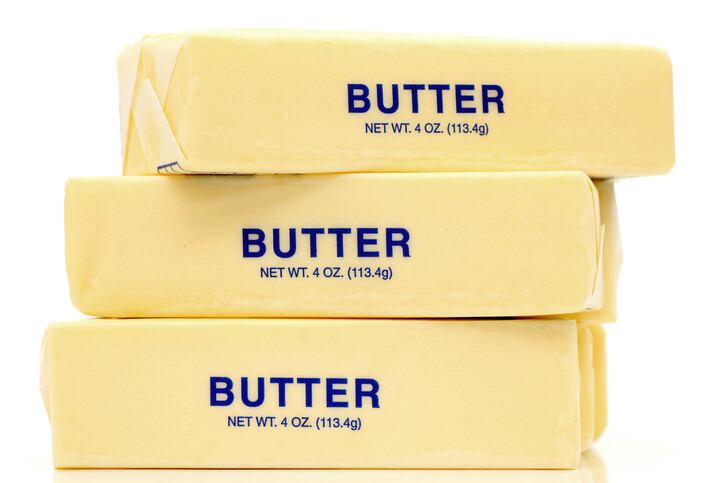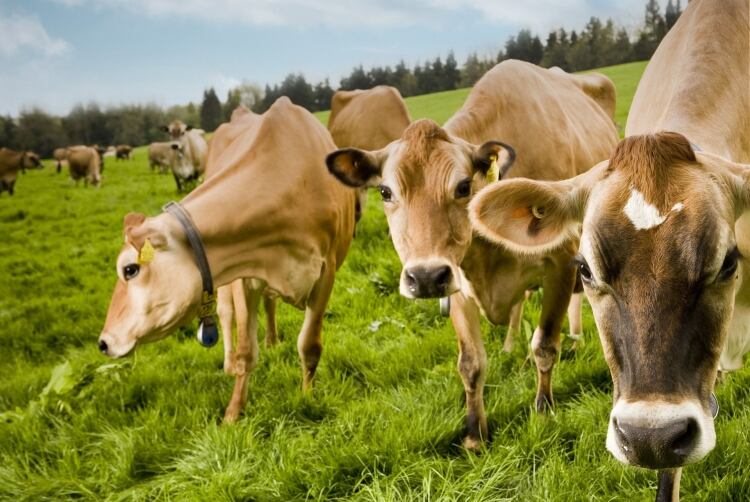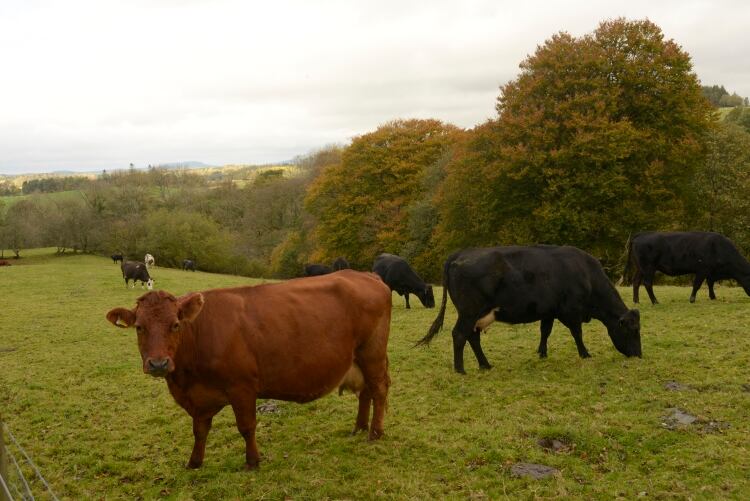The American Dairy Science Association (ADSA) studied the correlation between carbon emission trading and butter prices in the EU after determining it to be an ‘understudied’ subject.
The EU-28 countries have seen major reductions in GHGs since the formation of the EU emission trading scheme (ETS). It set goals to reduce GHGs by 20% by 2020 and by 40% by 2030 compared with 1990. In 2015, GHGs were already down by 22%.
Biodiesel is the leading biofuel used in EU transport, produced mainly from vegetable oils like rapeseed (80%) and soybean. Higher carbon permit prices would raise the demand for these oils and their substitutes like butter.
It’s also possible that as “biofuel production competes for land with agricultural production, higher carbon tax could increase land rents, which would then raise feedstock prices.”
The ADSA studied monthly butter prices from 2009-2017 and EU emissions from three different periods from 2005 to the present. The numbers suggest that food prices are more volatile than the emission market.
Using the autoregressive distributed lag (ARDL) model, ADSA examined the long-term association between carbon emission trading and EU butter prices. They found that causality runs from emission to butter price index, implying that price changes of the emissions market can cause significant changes and long-term effects on the butter price index.
According to the ADSA, these outcomes “could be important for policymakers in formulating appropriate hedging strategies to avoid the contagious risk emanating from the EU emission trading scheme.”
“In the near future, the production of biodiesel could undergo incredible growth, which could, in turn, cause uncertainties in the butter industry. It is important therefore to develop and improve the futures market for butter to precisely measure the risk associated with this important food
commodity.”
The ADSA study and findings were published this month in the Journal of Dairy Science.



